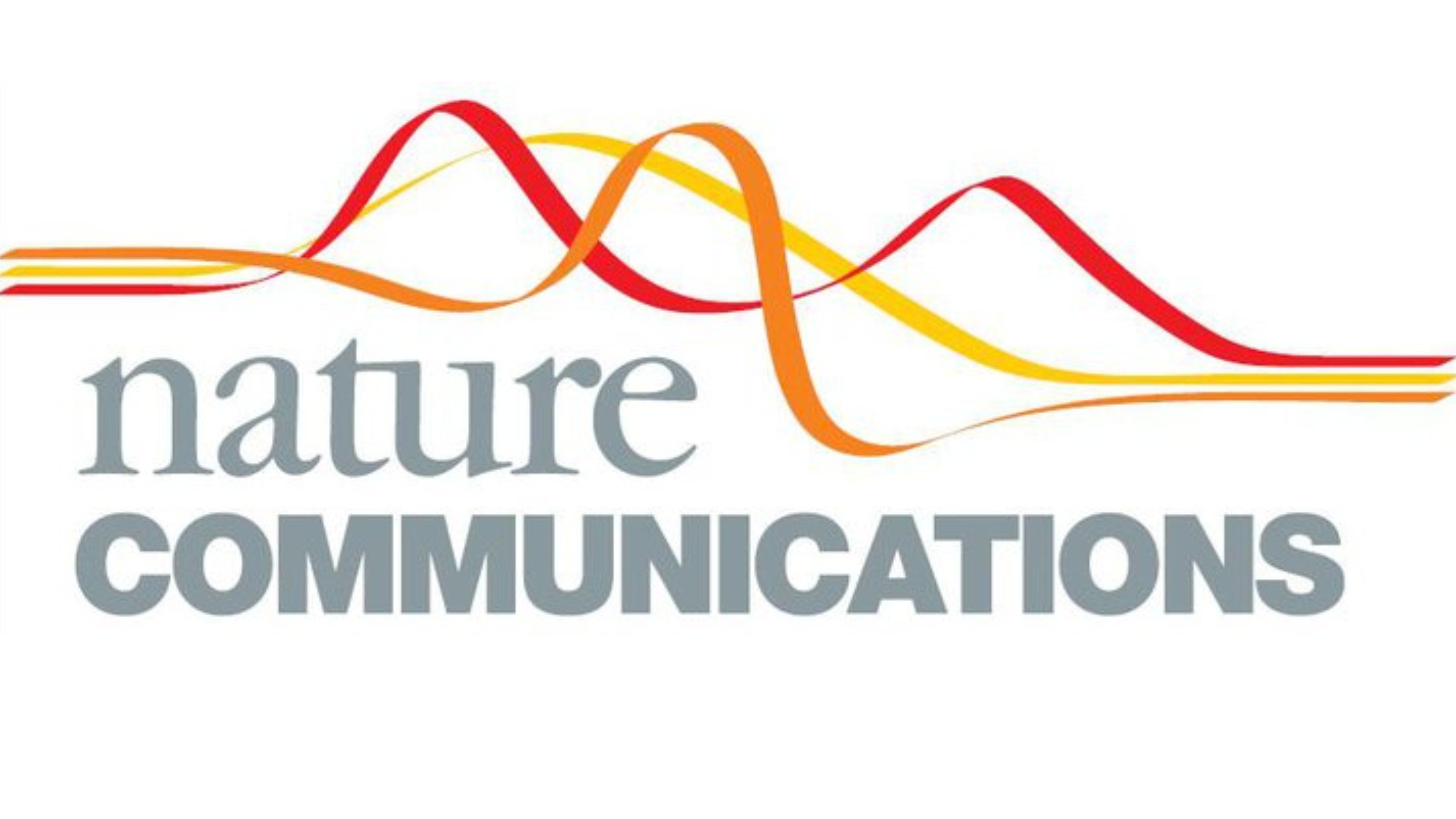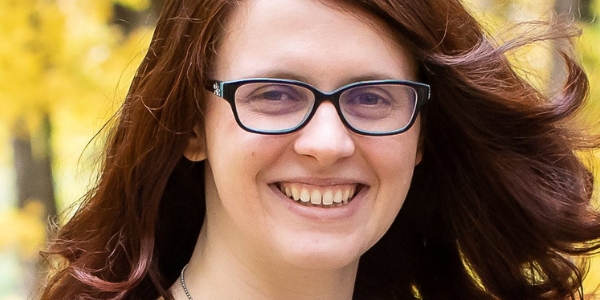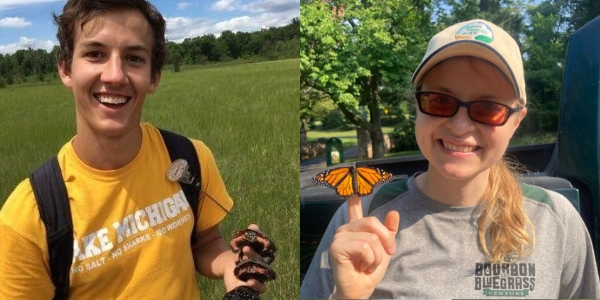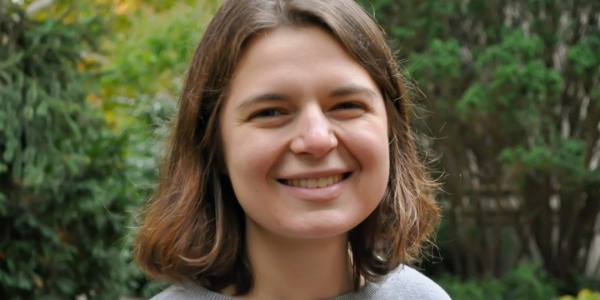Dahlin secures $1.1M NSF CAREER award
Trees play an important role in Earth’s carbon cycle and estimating how much carbon dioxide trees are taking in is one of the biggest uncertainties in climate change research. Michigan State University’s Kyla Dahlin is studying how different tree species take up different amounts of carbon and how this varies depending on location and season.
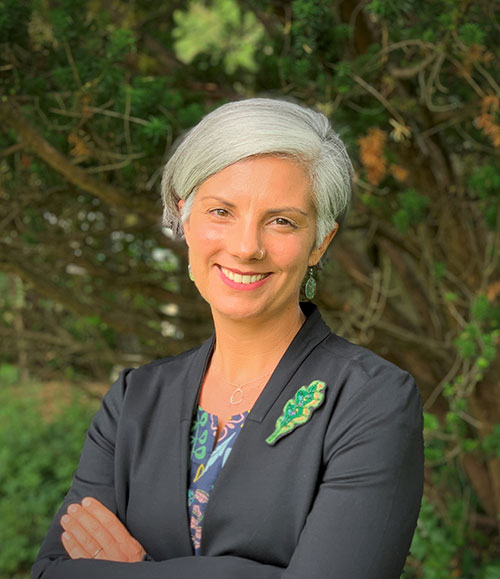
“We need to be able to track where carbon goes to predict how quickly the climate is going to change now and, in the future, to build more accurate global climate models,” says Kyla Dahlin, an assistant professor in the Department of Geography, Environment and Spatial Sciences in the College of Social Science and an EEB core faculty. “This research will also address fundamental ecological questions about landscape-scale drivers of forest biodiversity, like land use history and changes in topography, as well as regional drivers such as rainfall and temperature."
Every type of tree needs different amounts of sunlight and water to grow and thrive. Trees also vary in the how much carbon dioxide they can take in.
“Current estimates of carbon uptake rely on fairly simplistic classifications of plant types that don’t account for the biodiversity within groups, like differences between say, oaks, maples and birch trees,” Dahlin says. “This research project will take a more nuanced approach that relies on changes over time that we can map using the approximately 40-year historical satellite record.”
With the support of a 2021 National Science Foundation Career award, Dahlin is starting the Spectral Ecology Summer School, or SPEC School, which will teach graduate and postdoctoral students how to use remote sensing tools such as satellite and airborne imagery in their ecological research. Through the award, she will also develop course modules for undergraduate students and outreach opportunities using Google Earth that will be accessible to the public.
Read more at MSU Today.
